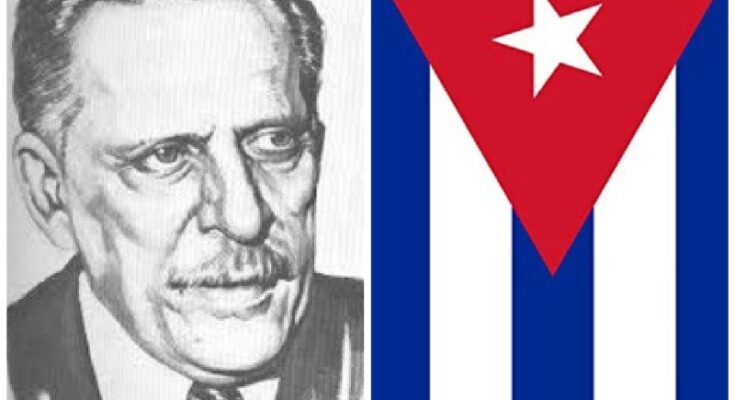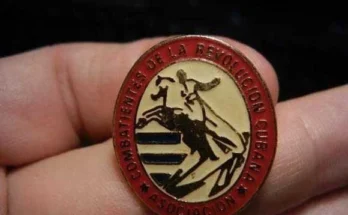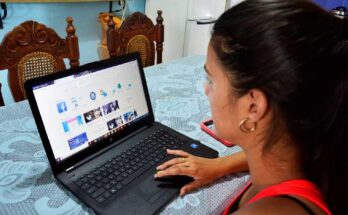Considered one of the greatest Cuban journalists of all times, Manuel Márquez Sterling was born on August 28, 1872 in Lima, but legally he is Cuban, since he was born in the diplomatic headquarters of the Republic of Cuba in Armas in the Peruvian capital, where his father was a delegate of the Liberating Army.
Writer, journalist and diplomat, when he was a child he moved to Camagüey, where five years later he founded the magazine El Estudiante, a fact that indicates his journalistic vocation; in 1889 he joined the editorial staff of El Camagüeyano, a newspaper created by his father, and during his stay in Mexico he wrote chronicles on chess for the Diario del Hogar and published El Arte de Philidor; he also founded the weekly newspaper La Lucha, of revolutionary militancy, and was correspondent of La Discusión.
In 1894 he met José Martí in Mexico and joined the independence cause, but his poor health prevented him from participating in the struggle; in New York he worked as secretary to Gonzalo de Quesada, who entrusted him with the organization of the archive of the Apostle of Cuban independence and at the end of the Necessary War he published in Patria, Cuba Libre and El Fígaro.
Founder of several periodicals such as the Heraldo de Cuba and La Nación, for his intense and brilliant career, Márquez Sterling is considered a true teacher of journalists, and in his honor, in 1943, the Professional School of Journalism, the first of its kind in the country and the fourth in Latin America, adopted his name.
Manuel Márquez Sterling’s diplomatic career was parallel to his journalistic career; he represented Cuba in Argentina, Brazil, Mexico, Peru and the United States; in 1934, Grau’s provisional government named him Secretary of State and Ambassador to Washington, where he died on December 9.





